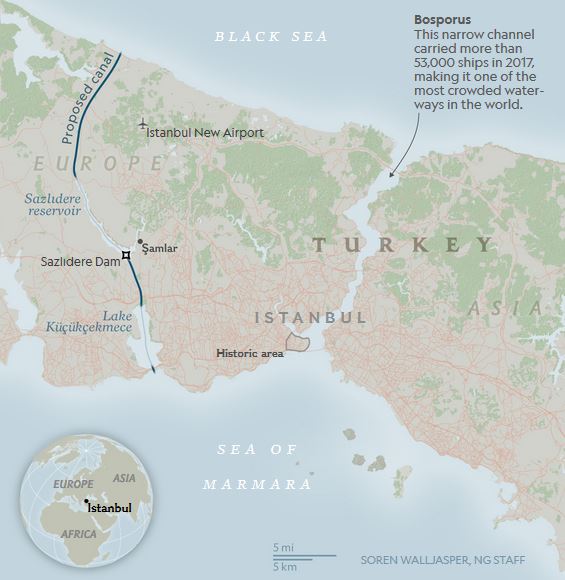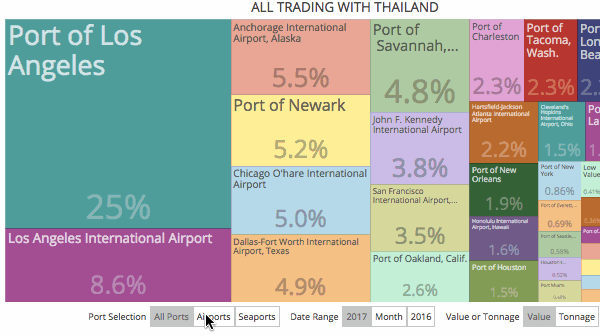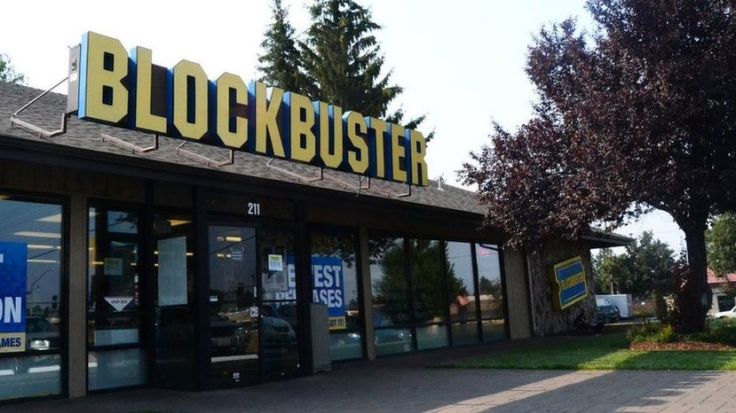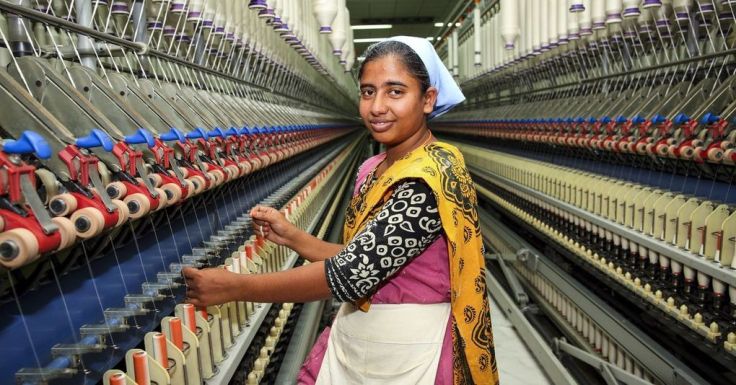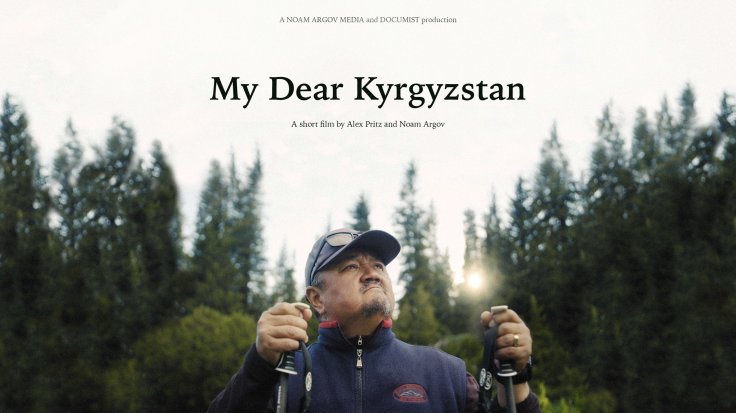
“Emil is a social media-obsessed entrepreneur in one of the most remote places on earth: An abandoned Soviet mining village in Kyrgyzstan. Emil has returned to put his village on the map as an international tourist destination.” SOURCE: MailChimp
This delightful video shows the former Soviet mining town of Jyrgalan and a local entrepreneur that wants to revitalize the village economy, bring in the outside world, and make is home a tourist destination. It serves several purposes for a geography teacher. One, it’s a great portal into a Central Asian country where most of my students don’t have any real reference points. Two, the video highlights important geographic concepts such as tourism’s impact on indigenous cultures and globalization’s impact on previously isolated locations. Three, this is a great case study for a cultural landscape analysis. The video has some incredible juxtapositions; nomads wearing traditional clothes encountering adventure tourists outfitted in Patagonia gear, people in town cutting grass with scythes as well as gas lawn mowers, and traditional architectural styles intermixed with signs of modernity such as satellite antennas. The physical and cultural landscapes in this are absolutely stunning and worth the twelve minutes of your time.
GeoEd Tags: landscape, Kyrgyzstan, Central Asia, video, tourism, globalization.

